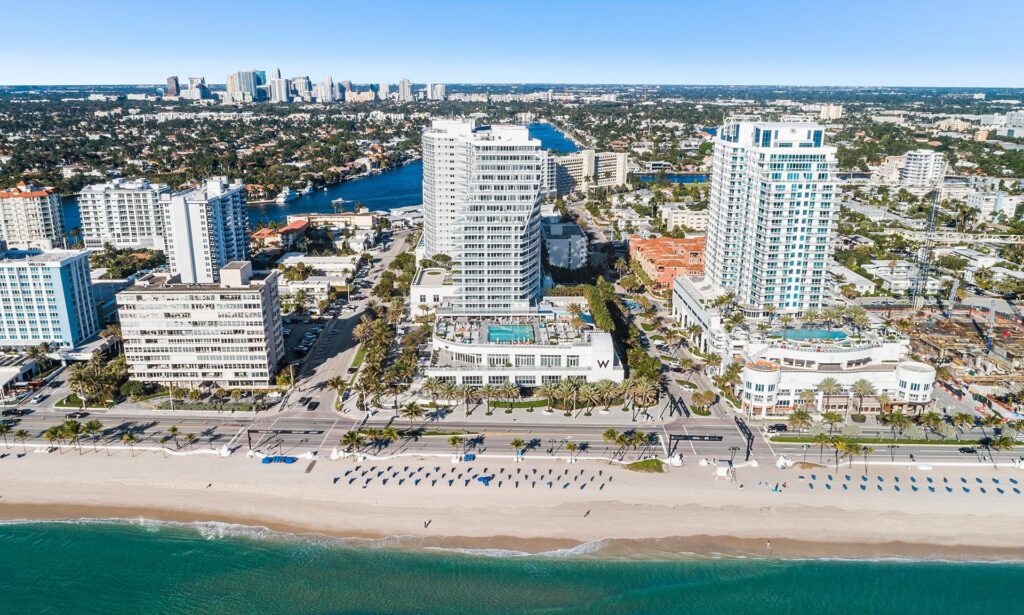Who pays for repairs once the deal is done? If you’ve recently bought a home or are planning to buy one, you might wonder whether the seller has any lingering responsibilities after closing. Understanding the roles and obligations post-sale can make or break your homeownership experience. Let’s dive into the details and set the record straight.
The Truth About Post-Closing Repairs: Seller’s Responsibility
The seller’s obligations typically end once the closing is finalized and the property title is transferred. However, exceptions and nuances exist that buyers need to be aware of. Here’s a breakdown:
1. The Role of the Purchase Agreement
The purchase agreement is the holy grail of responsibilities. It outlines what the seller must repair before closing. Unless explicitly mentioned, the seller is no longer responsible after the keys are handed over.
2. Latent Defects and Disclosure Laws
In most states, sellers are required to disclose known defects. If a seller knowingly concealed significant issues (e.g., a hidden foundation crack or mold problem), they could still be held liable, even after closing.
3. Home Warranty Plans
Sometimes, sellers include a home warranty plan in the deal. These plans can cover unexpected repairs but don’t return responsibility to the seller. They protect the buyer.
4. “As-Is” Sales
If the home was sold “as-is,” the buyer assumes all repair responsibilities post-closing. The seller is off the hook unless fraud or misrepresentation is involved.
5. Post-Closing Escrow Agreements
In rare cases, the seller and buyer may agree to hold funds in escrow for specific repairs after closing. This ensures that both parties meet their obligations without delay.
FAQs
What happens if a significant issue is discovered after closing?
You might have legal recourse if it’s a latent defect the seller knew about and didn’t disclose. Consult a real estate attorney.
Does the seller have to repair anything discovered during the inspection?
Only if it’s agreed upon in the purchase contract, otherwise, buyers can renegotiate or walk away before closing.
What does an “as-is” sale mean for buyers?
This means the seller won’t make any repairs, and buyers will assume responsibility for all issues post-sale.
Can a seller be sued after closing for undisclosed defects?
Yes, if the defect was significant and the seller knowingly failed to disclose it.
Do home warranties cover all post-closing repairs?
No, they typically cover specific systems (like HVAC or plumbing) and exclude pre-existing or structural issues.
Your Dream Home Awaits with DOTOLI Group
Buying a home is a significant decision, and navigating repair responsibilities should be manageable. Whether looking for a move-in-ready property or a house to personalize, DOTOLI Group in Fort Lauderdale is your trusted partner. Our team ensures transparency, top-quality listings, and expert guidance every step of the way.



















